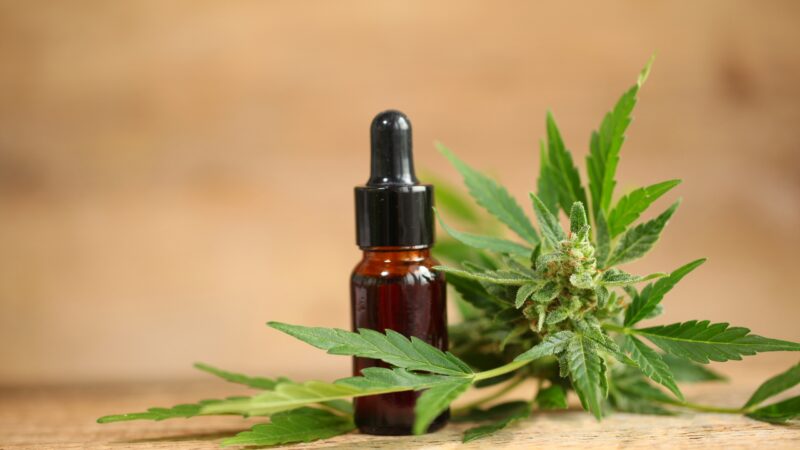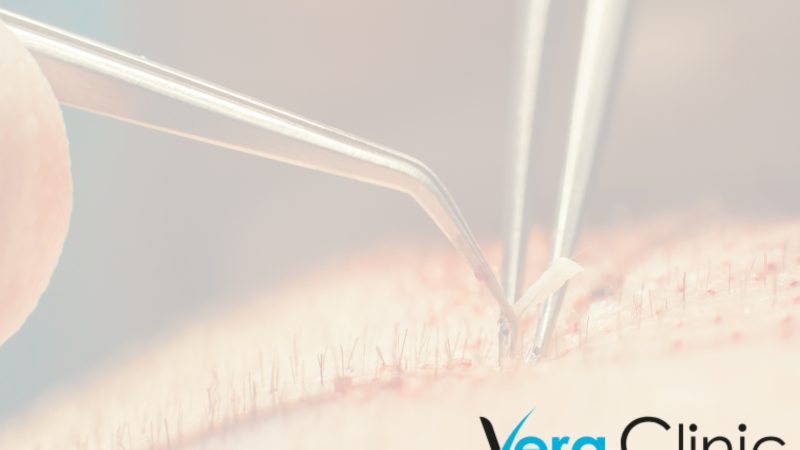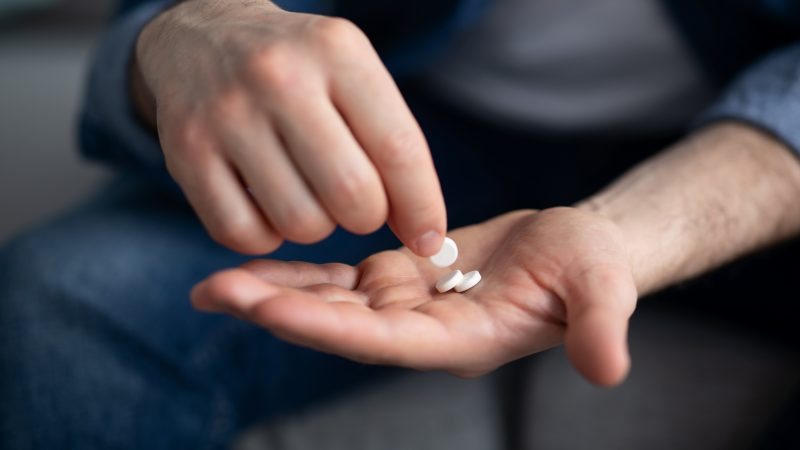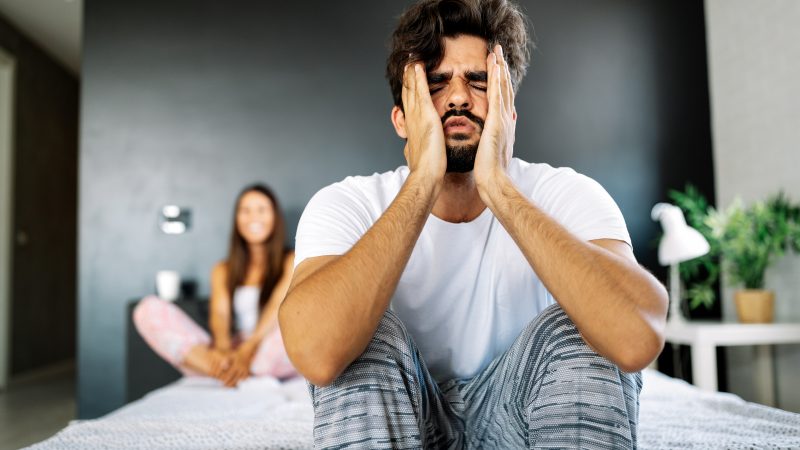Healing the Body and Mind – A Guide to Improving Sexual Health and Overcoming Impotence

If you or a partner is struggling with sexual health issues, it can seem overwhelming. Fortunately, there are steps you can take to improve your overall wellness and well-being by checking out lekarenslovensko.com.
Talking about sexual matters is an excellent way to communicate and build relationships. Additionally, it can give you a deeper insight into your own sexuality and preferences.
Stress
Stress is a widespread issue that can be caused by life events, work/school troubles, financial worries or family tensions. It may also be the result of mental health disorders or illnesses.
Stress can have a detrimental effect on your sexual drive. For one, it may lead to decreased testosterone levels, leading to low libido and even impotence.
Enhance your libido by managing stress. It’s essential to identify and address the sources of your anxiety and take steps to eliminate them as quickly as possible.
Eliminate stress to enhance sexual intimacy and strengthen your relationship. Additionally, it may aid in the treatment of ED and other physical and mental health issues.
Chronic stress can lead to various medical issues, such as heart disease, diabetes, cancer and immune system problems. It may also reduce your sleep quality and aggravate anxiety or depression.
If you’re feeling overwhelmed with stress, talk to your doctor about strategies for managing it. They may offer several suggestions.
They will inquire about your medical history and circumstances as well as the source of stress you are feeling. Furthermore, they seek to rule out other physical or mental illnesses that could be contributing to the symptoms you’re noticing.
Your doctor can prescribe medication to help manage stress. While testosterone tablets may increase libido, doctors usually only prescribe them when combined with other treatments for an underlying health condition.
Diet
If you’re struggling with impotence, a nutritious diet can help. Erectile dysfunction (ED) is more common than you might think and can be caused by numerous factors.
Your diet is composed of the foods and nutrients you consume on a regular basis. A nutritious diet should include plenty of fresh produce such as fruits, vegetables, whole grains, lean proteins, and fats.
Eating healthily can improve your overall well-being and lower the risk for various conditions, such as ED. A nutritious diet should be low in saturated and trans fats, added sugars, sodium, as well as plenty of fruits, vegetables, legumes and whole grains.
Foods rich in nutrient-rich fiber can improve circulation and stimulate your sexual organs. Fruits and vegetables contain antioxidants which protect these reproductive organs from stress while decreasing inflammation that could lead to ED symptoms.
Citrulline-rich foods such as watermelon, onions and garlic can increase nitric oxide levels in the body. Nitric oxide relaxes blood vessels to promote arousal and lubrication.
Garlic can also help stimulate sperm production and libido. However, eating garlic in moderation is recommended to avoid side effects like nausea or stomach discomforts.
Men who struggle with Erectile Dysfunction should reduce their intake of processed meat and replace it with grass-fed alternatives. Deli meats in particular should be avoided due to their often high salt content.
Nutritionally-balanced eating is the key to beating ED and improving sexual health. If you’re unsure how best to create a nutritious, calorie-controlled diet plan, consult with your doctor or nutritionist first. They can assist in creating an approachable plan tailored for individual needs and objectives; they may even suggest supplements as additional sources of essential nutrients.
Exercise
Exercise is one of the most beneficial steps you can take to enhance your sexual health and combat impotence. Not only does it increase libido, but it also reduces stress – both of which may contribute to an erectile dysfunction.
Exercise is the most effective type of exercise for combatting impotence, as it raises your heart rate and works the muscles in your body. This could include running, using an elliptical machine, walking, swimming or dancing.
Additionally, exercise helps combat diseases like high blood pressure and diabetes which have been known to suppress male sexual stimulation. These conditions may damage the tiny arteries in the penis, impairing erectile function.
Start by exercising two to three times a week for 20 minutes each session. Over time, you can increase the frequency of your exercises until you’re doing five times per week and spending at least 30 minutes in each one.
Another way to enhance your sexual drive is learning how to do exercises that target your pelvic floor muscle, according to physical therapist Grayson Wickham, DPT and founder of digital movement platform Movement Vault. These exercises are called Kegels and can help strengthen your bladder muscle as described by physical therapist Grayson Wickham DPT.
These exercises can help you unwind and feel more at ease in your body. Furthermore, they boost confidence levels which in turn leads to a more enjoyable sexual experience.
Before beginning any exercise program, it’s wise to consult your doctor first. Start slowly so as not to cause pain or injury during the transition. Furthermore, address any underlying medical conditions like high blood pressure or diabetes before beginning an exercise regimen.
Sleep
Sleep is essential for our overall health and functioning. Without enough shut-eye, people become irritable and fatigued, increasing their risk of accidents, difficulty focusing on tasks at hand, as well as experiencing sexual dysfunction. With inadequate quality of sleep comes increased vulnerability to accidents if we don’t get enough shut-eye.
A study revealed that women who slept longer reported greater sexual desire and arousal than those who slept less. Each additional hour of rest equated to an 14% boost in sexual desire levels.
Sleep can have an impact on sexual activity by releasing hormones like oxytocin and prolactin that are released during sexual interaction. These chemicals help regulate stress levels and heighten arousal during intimate encounters, making it easier for couples to have an enjoyable orgasm.
Sleep can also influence sex by disrupting the body’s natural circadian rhythm, which helps us determine when we feel energetic and need to rest. When couples’ sleeping schedules don’t align, it can create chaos in their intimate life and result in less or more sexual activity.
Furthermore, lack of sleep can have detrimental effects on one’s libido and increase the likelihood of developing erectile dysfunction. It decreases testosterone levels in the blood, decreasing sex drive and making it harder to experience an orgasm.
If you’re experiencing difficulty sleeping or are worried about your sexual life, speak to your doctor about it. They may be able to refer you to a sleep specialist and suggest techniques for improving it such as abstaining from caffeine and alcohol, getting enough exercise, and creating an organized sleep schedule.
Mental Health
Sexual health can be affected by many factors, such as diet, exercise and sleep patterns. Furthermore, there is a strong connection between mental health and sexual function. People suffering from severe mental illnesses like depression are more likely to lead a poor quality of life and develop chronic physical illnesses like diabetes or heart disease.
It is critical to speak to your doctor if you experience any signs of depression or other mental disorders. They can provide the support and care necessary for overcoming those symptoms and improving your overall wellbeing.
If you are suffering from any form of erectile dysfunction, it’s essential to seek help. This could involve speaking to a psychologist or other medical professional as well as discussing your issue with your partner.
A sex-positive approach to sexuality helps individuals recognize that sex can be healthy and beneficial in one’s life. It rejects narratives suggesting it’s dirty, unhealthy or morally wrong and instead encourages individuals to explore their sexuality, engage in relationships, and pursue sexual satisfaction safely for both body and mind.
Mental health is determined by a person’s responses to stressors, coping strategies and protective factors. It depends on how one manages emotions, perceives their environment and makes decisions.
Mental health conditions can impact individuals of any age, race, religion or income level. Unfortunately, these serious health issues can lead to disability, substance abuse, homelessness, inappropriate incarceration and suicide – leading to decreased quality of life. Fortunately, most people diagnosed with a severe mental illness will recover from their condition through medication and psychosocial treatments combined.






